
Find out what is filling up your hard drive Have you ever wondered what kinds of files were taking up all the space on your hard drive or where all these space… Read More
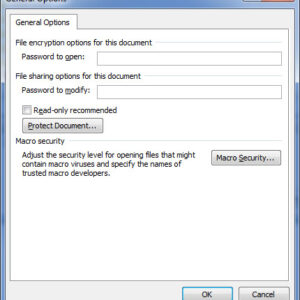
In today’s age of viruses, malware and security breaches you may want to be able to protect your Office documents from people who shouldn’t be looking at them. Many people keep confidential… Read More
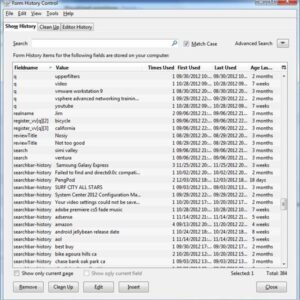
There are many web browsers that you can use when it comes to Windows PCs and even other operating systems such as Mac OS and Linux. Of course most of them do… Read More

Universal Serial Bus, or USB for short provides a single, standardized, easy to use way to connect devices to a computer. It uses a much higher data transfer rate than many common… Read More
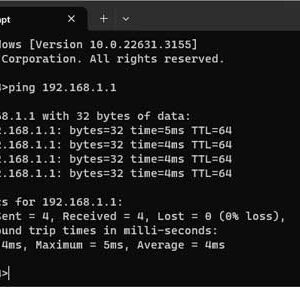
PING (Packet Internet Groper) is a program used to test whether a particular network host is online by sending an ICMP (Internet control message protocol) echo request and waiting for a response.… Read More

Microsoft is continuously releasing patches and updates for Windows, Office and other products that they sell. Most people use Automatic Updates to download and install these updates and simply let their computer… Read More
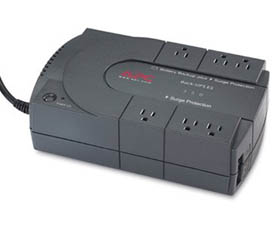
A surge suppressor or protector is a device used to prevent damage to electronic equipment from voltage spikes called transients. A surge suppressor prevents the peak AC voltage from going above a… Read More
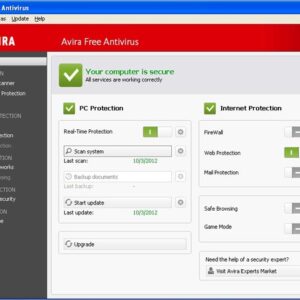
As I’m sure you know… or hopefully know, it’s very important to have an effective antivirus program installed on your computer to help keep you protected from all the bad things you… Read More
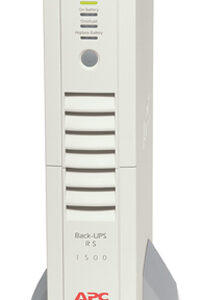
Everyone at some time or another has been affected by a blackout or a power surge and had their computer either shut off or crash because of either the power being lost… Read More
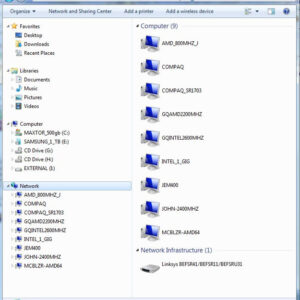
Check out this updated article on how to connect to shared files and folders on the network. Shares are used to share information over a network between computers and other networked devices.… Read More
